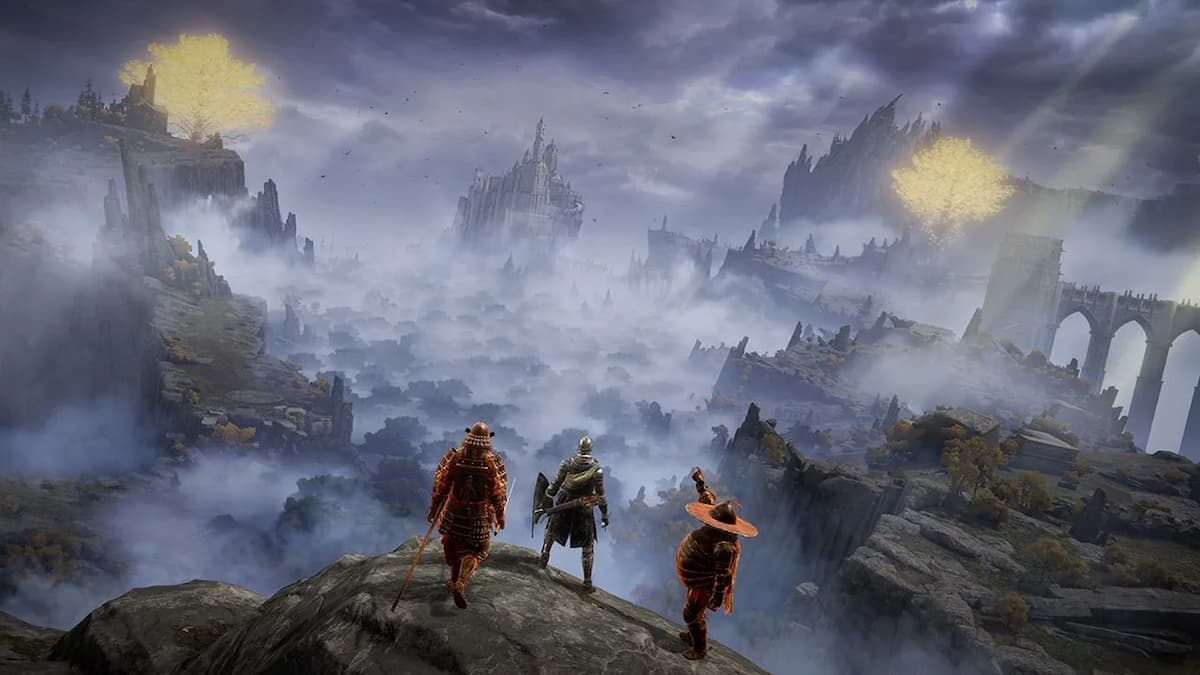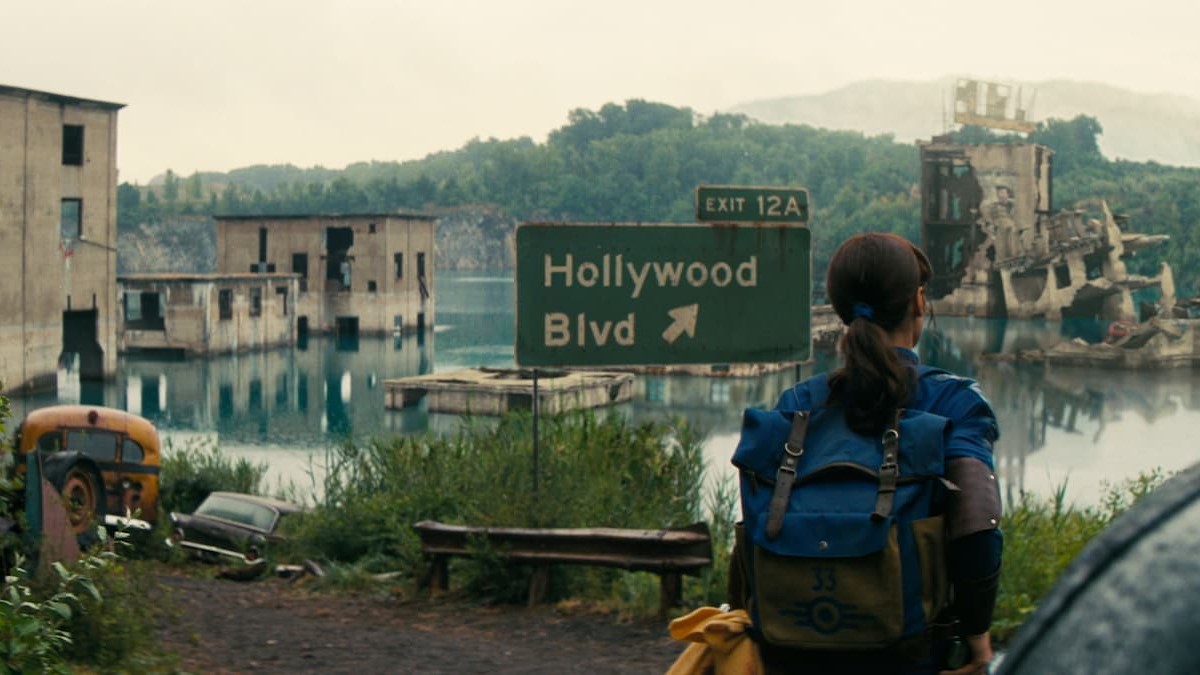Halo‘s plasma grenades.
Metal Gear Solid‘s Gears.
Prototype‘s and Infamous‘ genetic alterations.
Bioshock’s plasmids.
As gamers we encounter these fantastic creations every day, but where do they come from? What was the spark that ignited the minds of developers to come up with portals, zombies, alien invasions, and so much more? If it isn’t clear enough by now, the answer is: science fiction.
For decades now, players and creators alike have been influenced by this specific genre of media and entertainment, but let’s take a look at some of the biggest areas where sci-fi has impacted the gaming industry.
The Great Escape
We play games for many reasons, but at some point in all our lives we gamers pick up a game to just get away. Escapism isn’t unique to gamers by any means, but the gaming industry itself is built upon creating worlds and stories that are so immersive we willingly lose ourselves in them. Smartbear – a software quality blog – describes this escapism best; they focus on how stories must be removed enough from reality to fully distract or entertain us away from our worries for a time.
 “Just wait ’til I get my hands on those Lutece twins!”
“Just wait ’til I get my hands on those Lutece twins!”
Now, when we discuss escapism we are not just talking about how games free us from our worries. The very idea of escapism is a recurring one in a lot of classic science fiction. As early as 1895, H.G. Wells wrote about escapism in The Time Machine, using the Eloi race as a negative representation of the idea carried too far. Alternately, some interpretations of this sci-fi classic suggest that the time traveller travels to the future to escape the reality that he cannot change the past.
“This feels more hard and metallic than wet…and I’m pretty sure I just forgot Math…”
Classics not your thing? How about “(Learning About) Machine Sex” by Candace Jane Dorsey in 1988? This short story was one of the first of the cyberpunk subgenre of sci-fi, and focused on a young female hacker’s invention of ‘wet-ware.’ This invention, of course, is computer software and hardware that plugs into flesh and is primarily used by men for sexual gratification. The men escape their daily worries by fulfilling their sexual fantasies using the wet-ware.
Classic sci-fi approaches the idea of escapism both optimistically and negatively, and its influence can still be felt today in the recurring controversies surrounding the industry. For instance, it’s still a commonly held misconception that too much gaming is bad for children, despite studies proving otherwise. News outlets and other sources have been attempting for a decade or more to link the disconnect from real-world violence that video games allow .
The irony is that sci-fi opened the doors for us to escape our every day lives with things like Star Wars, Star Trek, and a multitude of comics; but at the same time some sci-fi writers have condemned the practice of escapism in their own writings. Either way, these opposing viewpoints have seeped into modern gaming and they still influence and paint the way we perceive and respond to games today.
Are We Living in a Dystopia or Utopia?
Prior to modern gaming, the greatest dystopian worlds were created by the minds of Aldous Huxley, Phillip K. Dick, and Isaac Asimov – titans of the sci-fi golden age. And following in the footsteps of these titans, not unlike the Greek heroes of myth, developers have fashioned newer dystopias in our modern era. Influenced by these writers, modern developers often create them for the same reason: social critique and commentary.
Huxley, Dick, and Asimov all figured out that the easiest way to have readers relate to their work was to leave a thread of truth and reality in each story to tie it to the real world that the reader inhabits.
Aldous Huxley facepalms at being featured on a website devoted to society-destroying, entertaining, and escapist video games.
For instance, in A Brave New World, Huxley focuses a lot on how humans have become enslaved by entertainment to the point that they no longer resist control – so long as it’s entertaining. This story was written at a time when television was brand new, and it portrayed the real world fear that electronic entertainment would replace social interaction in a dystopian exaggeration.
The social commentary found in Huxley’s work is the same as that found in the Metro series of from developer 4A Games – which, not surprisingly is a game series based on a popular modern sci-fi novel. Metro 2033 and Metro: Last Light both give a rather biting critique of nationalist tendencies taken to extremes – of racism and xenophobia that could destroy the entire human race.
 Welcome to Columbia – flagship city of the United Nucular States of Amurca…
Welcome to Columbia – flagship city of the United Nucular States of Amurca…
Similarly, Bioshock: Infinite confronts blind patriotism and religious zeal with the same unflinchingly brutal disdain as many World War II era sci-fi writers did. And Portal is a game that may as well have been designed by Isaac Asimov himself for the countless influences his writing on the dangers of artificial intelligence and robotics had on it.
The list doesn’t stop there, though. Check out these other games that either present a dystopia or utopia and lace it with social commentary:
- Borderlands
- Deus Ex
- Fallout
- Mirror’s Edge
- Resident Evil
- The Legend of Zelda
A more comprehensive list can be found here, as well.
By virtue of the fact that sci-fi has always presented “virtual” worlds, writers have been able to lace their work with social commentary that could be received subversively so that it actually got people thinking. Games today are simply the next evolution of this process in that the virtual worlds are now explorable and interactive.
Teleportation, Time Travel, and Zombies – Oh my!
“Man, the technology we have available is ama- oh, crap!”
That’s right. All those cool things we see in our games come from sci-fi. Teleportation and time travel? The movie The Fly and I’ve already mentioned The Time Machine, but there’s also The Butterfly Effect. Zombies? Night of the Living Dead, Evil Dead, and World War Z. Sticky grenades and all the cool weaponry found in the Halo, Metroid, and even Call of Duty games? They totally borrowed most of that from the Starship Troopers movie, The Last Starfighter, Star Trek, Star Wars, District 9, and many more.
The sheer amount of sci-fi ideas that permeate is actually pretty staggering. Go ahead and think of your favorite game. Got it? Now think about something in that game that can also be found in a movie you’ve seen. Odds are the movie was sci-fi and came out first.
 “According to quantum uncertainty: if you put that coin in a box and flip it while you can’t observe it you’re going to have to kill yourself…”
“According to quantum uncertainty: if you put that coin in a box and flip it while you can’t observe it you’re going to have to kill yourself…”
However, there’s a bit more to it than just that. Sci-fi has always been forward-thinking. An entire field of science, quantum mechanics, exists only because of sci-fi. A core concept of quantum mechanics is quantum uncertainty, which lies at the heart of Bioshock: Infinite‘s time-traveling Lutece twins.
This forward-thinking tendency of the genre has saturated gaming just as much as it has sci-fi, due to the latter’s influence on the former. Just think about the innovations in weaponry present in the latest Call of Duty games or the cutting edge technology of virtual reality promised by Oculus Rift. How about the way that gaming pushes microprocessing capabilities to their very limits and drives the creation of newer, more efficient chips for computing and graphics processing?
Forever (Never) Alone
The biggest influence that sci-fi has had on the gaming industry undoubtedly has to be what it has done for us in terms of community and socialization. In my lifetime, gaming has knocked down walls and opened doors leading to the world.
Sci-fi predicted the global society in which we are moving ever faster towards global oneness, and gaming made that prediction a reality with the advent of the internet and multiplayer online gaming. With each passing year, online communities get bigger and bigger, and human beings are communicating and coming together regardless of nation, race, gender, or religious affiliation. Instead, we draw closer to one another without bounds in shared interest – enjoyment of a game.
 “I invited a few friends to join us…”
“I invited a few friends to join us…”
Sci-fi predicts the technological singularity with dread. But in reality, we are becoming closer to one another during our journey to singularity. We band together towards common goals (to win the game) without care for where our allies are from or what they look like, and from the enjoyment of the game we extend our relationships even further.
We make friends we’ve never met face to face, and perhaps that is the biggest influence of sci-fi. The works of sci-fi have always been created and favored by those most like the stories the genre portrays – people who love escaping the real world in favor of the splendor of others.
Traditionally these people are picked on and cast out, but now in a twist of fate, gaming – the most heavily sci-fi influenced form of entertainment there is – is bringing people together in the same ways that sci-fi originally singled them out.





